B.A. Van Sise has broken the idea that poets are benign, fragile people buried behind books with this very fun, playful portrait series of poets. The writers come across as playful, funny, dark, brooding — all the adjectives associated with writing and creativity. BuzzFeed News spoke with Van Sise about his process and the origins of this project. The poets were kind enough to include examples of their work to showcase the interplay between the visual and the literary.
I began this essentially as a project in collaboration with the Walt Whitman Birthplace Association on Long Island; we'd been chatting about the idea of my making traditional portraits of some of the poets in residence who'd been through there over the years.
I wanted to make images that were themselves poems and set the tone by making the first photograph, of Pulitzer winner Gregory Pardlo, in a boat out on the sea. He was an absolute champ about it — it was a hot, unpleasant day and he couldn't hear me over the water — but it gave me the gasoline to get the car on the road: I wanted to run away from the idea of poets being these boring people with beards and pipes and patches on their elbows. They're rambunctious. They're artists.
I've been a poetry lover since I was a teenager. In high school, I'd go in early to put a poem on the English classroom chalkboard every single morning, so that I might inflict some poetry upon the unsuspecting spotted masses of my hometown. In a certain way, I've spent the last two years reading all this poetry, making all these concepts, and creating a very, very large work of fan fiction.
The biggest surprise has been that all these poets seem to know every word in the English language but "no." I'll come up with these crazy concepts and everybody says, "cool. let's do it." They have a certain experiential tack on the world that I think lets their curiosity drive their decisions, and I'm the better for it.
Rita Dove, US Poet Laureate, winner of the Pulitzer Prize, the National Medal of the Arts, and the National Humanities Medal.
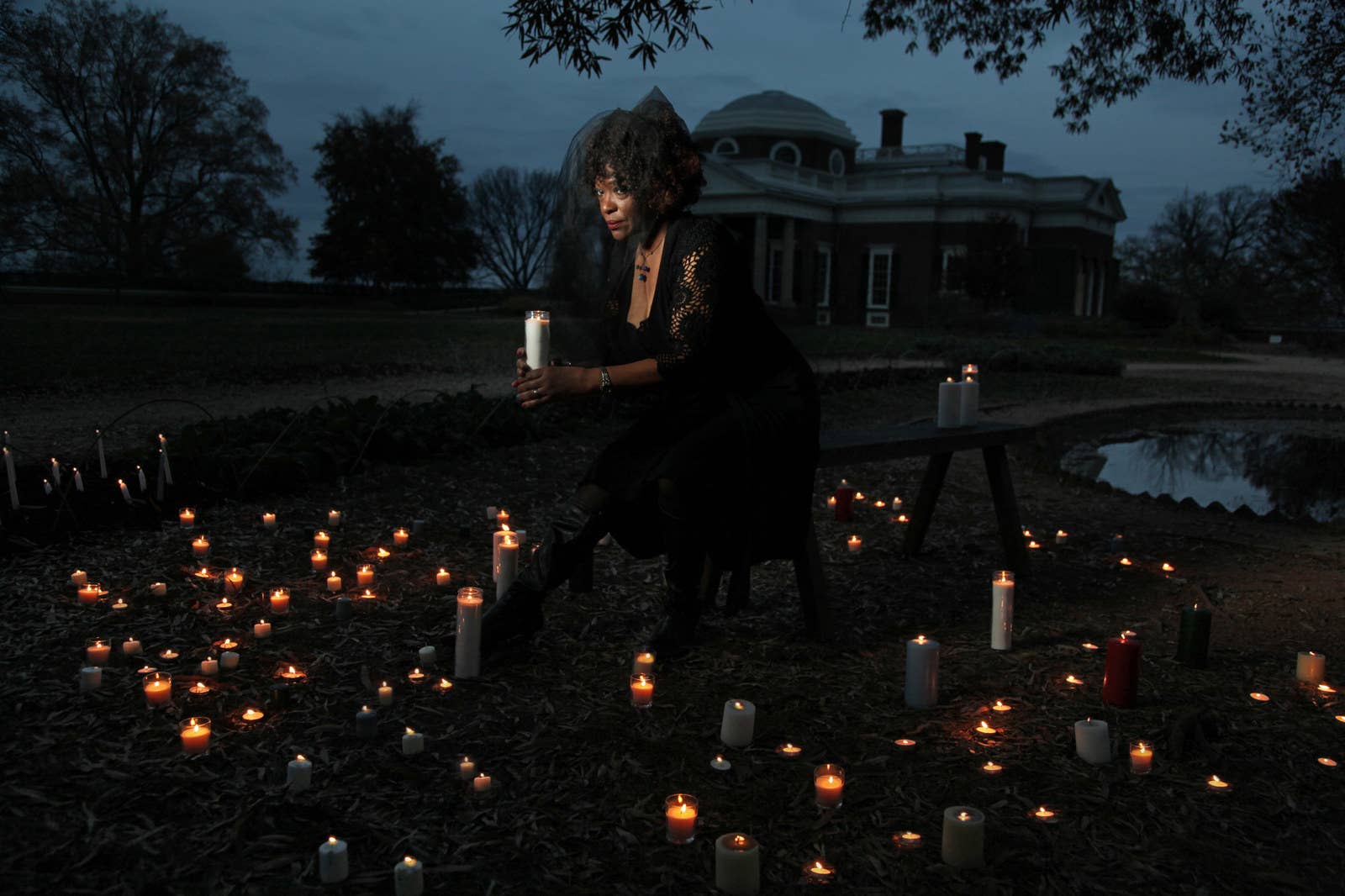
DEMETER'S PRAYER TO HADES
This alone is what I wish for you: knowledge.
To understand each desire and its edge,
to know we are responsible for the lives
we change. No faith comes without cost,
no one believes without dying.
Now for the first time
I see clearly the trail you planted,
what ground opened to waste,
though you dreamed a wealth
of flowers.
There are no curses, only mirrors
held up to the souls of gods and mortals.
And so I give up this fate, too.
Believe in yourself,
go ahead — see where it gets you.
Aimee Nezhukumatathil
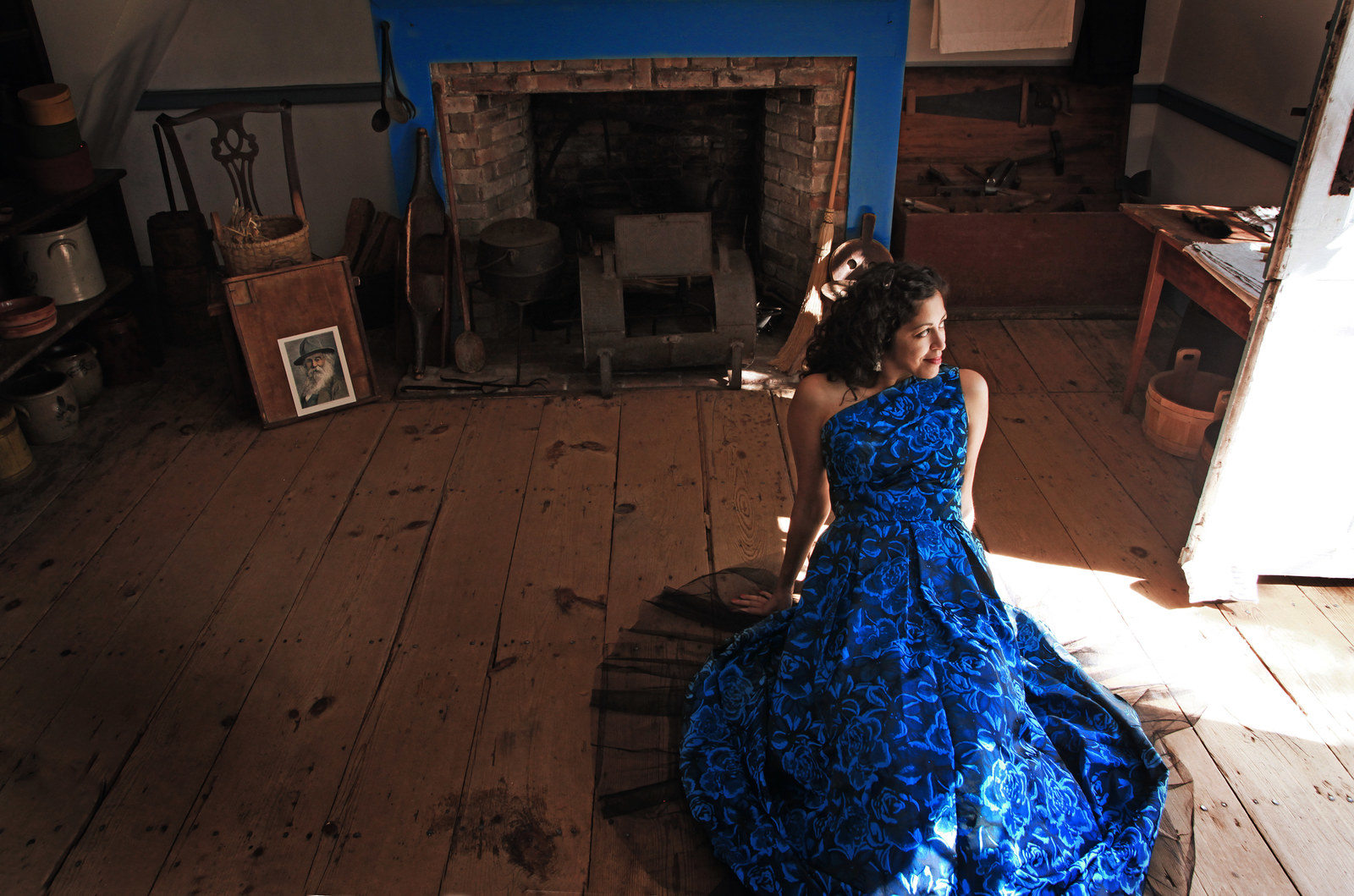
DEAR AMY NEHZOOUKAMMYATOOTILL,
(a found poem, composed entirely of e-mails from various high school students)
If I were to ask you a question about your book
and sum it up into one word it would be, "Why?"
I think I like Walt Whitman better than you. I just don't
get literature, but for a fast hour and a half read, your booktakes the cake. I like how you organized the lines
in that one poem to represent a growing twisting bonsai tree.
Are you going to get a rude reaction when you meet
that one guy in that one poem? I guess you never know.You are very young to be a poet. I also like how your poems take
up an entire page (it makes our reading assignment go faster).
In class we spend so much time dissecting your poems
and then deeply analyzing them. I think I like Walt Whitmanbetter than you, but don’t take offense—you are very good too!
You are young, You are young and pure and really just want
to have a good time. Thank you we have taken a debate
and you are a far better poet than Walt Whitman. And I lovedhow your poems were easy to read and understand. Hello
my name is Alicia. We read you book and I just loved it.
We also read Walt Whitman’s "Leaves of Grass." There
was no competition there. I liked your book a whole lot better.It was an easy read. But poetry is not my favorite type
of literature. Sometimes I am offered drinks and guys
try to talk to me but I too just brush it off and keep dancing.
Every once and a while the creepy mean guys try to offer youthings and then they say something. What would you do?
Lastly, I was wondering if you ever wrote a poem that really
didn’t have a deeper meaning but everyone still tried
to give it one anyways? Walt Whitman is better than you.
CAConrad
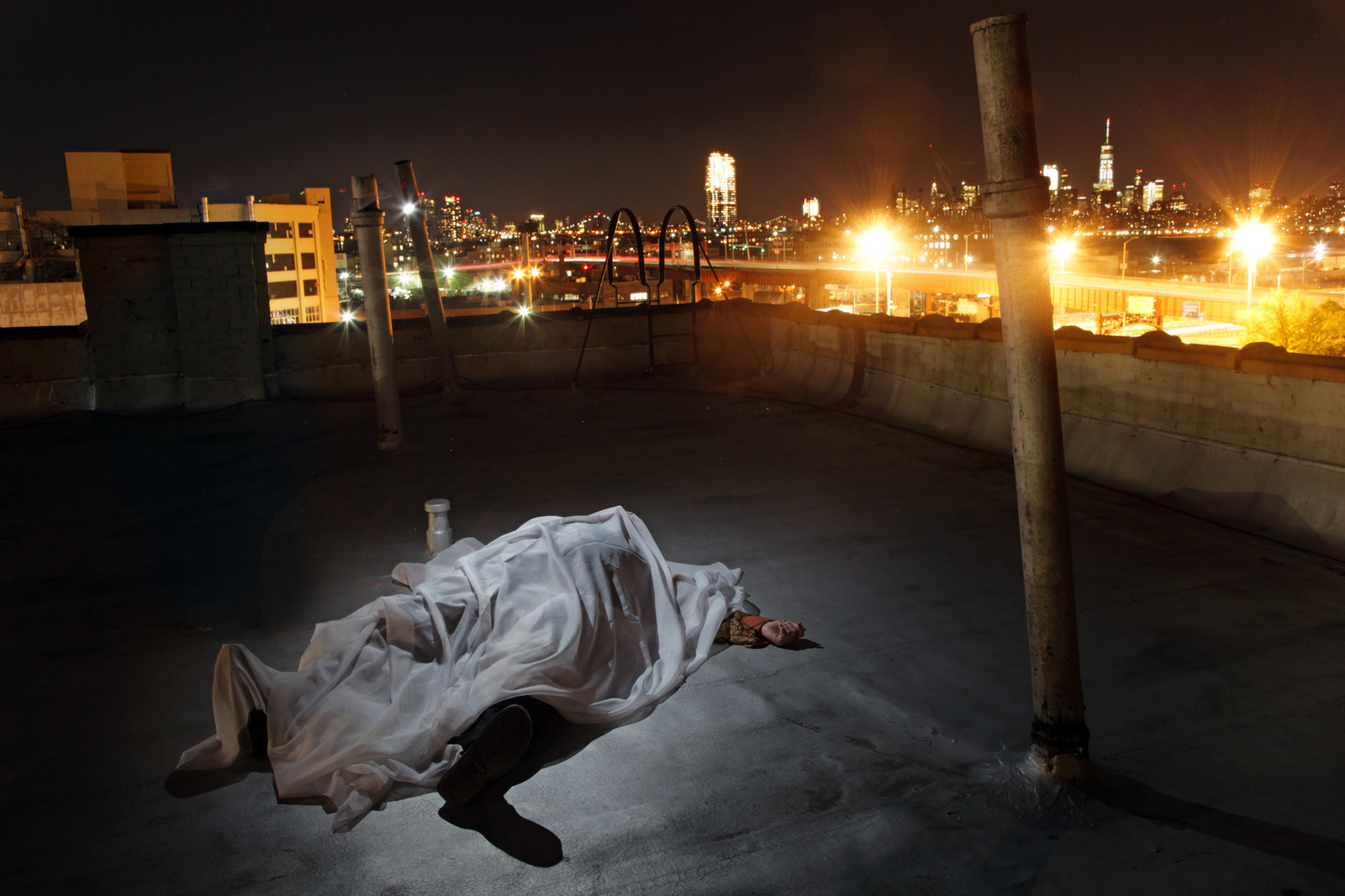
"this is your
captain" Frank says from the cockpit"all passengers wishing to bail out
any time during our flightit
is
too
lateI have shredded the parachutes to confetti
in celebration of our arrival"
Mark Doty, National Book Award winner and chancellor of the Academy of American Poets.
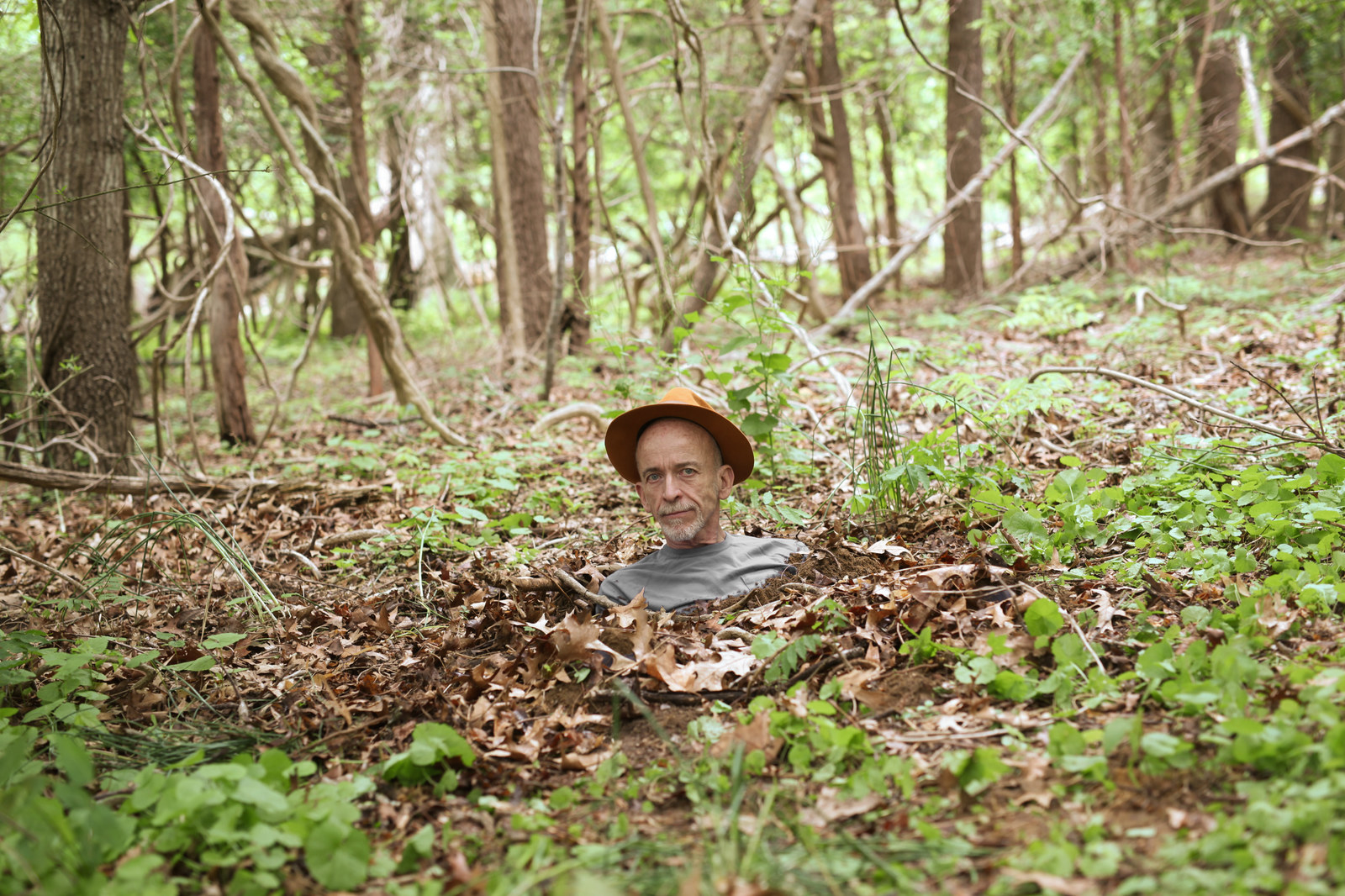
DEEP LANE
When I’m down on my knees pulling up wild mustard
by the roots before it sets seed, hauling the old ferns
further into the shade, I’m talking to the anvil of darkness:break-table, slab no blow could dent
rung with the making, and out of that chop and rot
comes the fresh surf of the lupines.When the shovel slips into white root-flesh,
into the meat coursing with cool water,
when I’m grubbing on my knees, what is the hammer?Dusky skin of the tuber, naked worms
who write on the soil every letter,
my companion blind, all day we go digging,harrowing, rooting deep. Spade-plunge
and trowel, sweet turned-down gas flame
slow-charring carbon, out of which sproutsthe wild unsayable.
Beauty’s the least of it:
you get ready,like Deborah, who used to garden in the dark,
hauling out candles and a tall glass of what she said was tea,
and digging and reading and studying in the dirt.She’d bring a dictionary. If study is prayer, she said, I’m praying.
If you’ve already gone down to the anvil, if you’ve rested your face
on that adamant, maybe you’re already changed.
Joan Naviyuk Kane
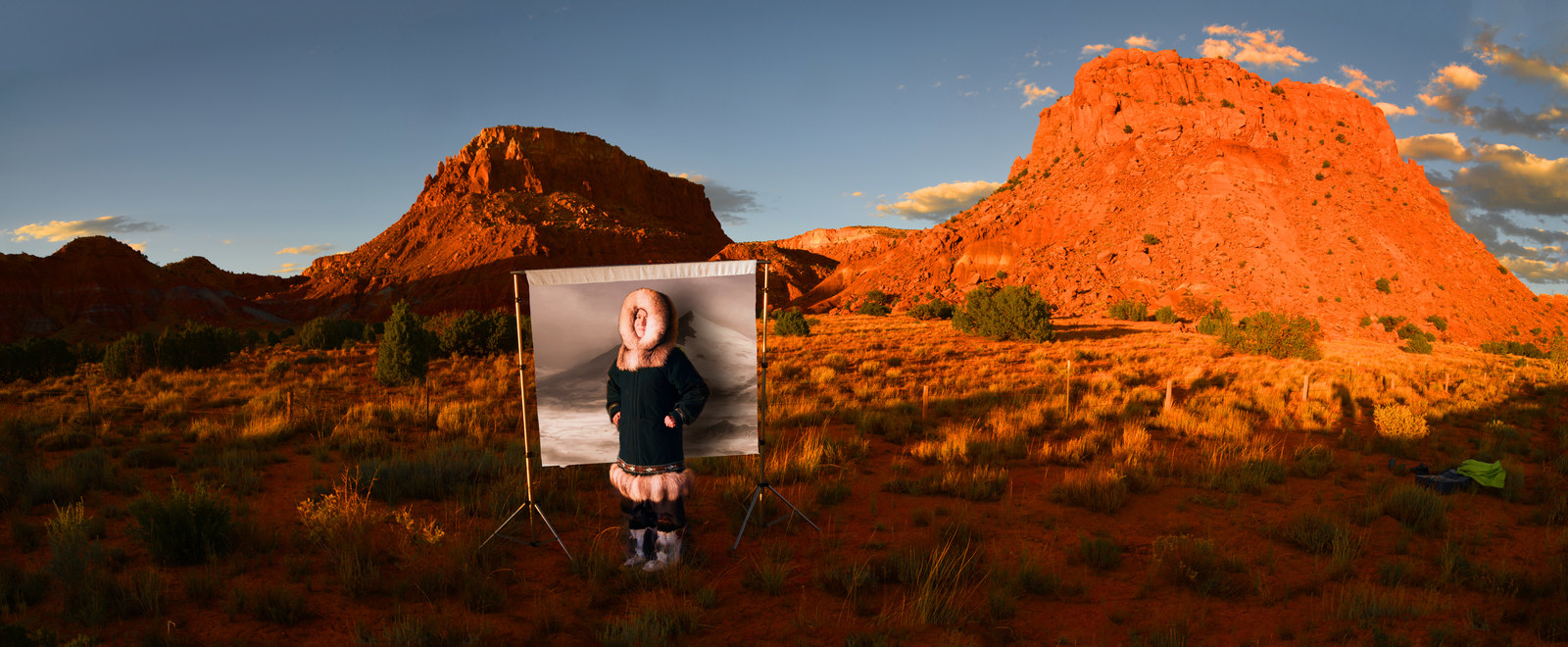
GIVE OR TAKE A CENTURY
A man goes on a journey, a woman does not.
Instead, birches murmur into the song
of a bird unseen, the forest endlessly receding.To be alone and without purpose: a seed
borne on wind to flat stones arrayed
on the remote shore. Witness to news,songs, myelin. One of our last
a succession of ribs distinct and vast
in sudden collapse. Mother, we makeno choices. Mother, he counts our frail bones.
Danez Smith

I hear music rise off your skin. Each hair on your arm a tiny viola.
A wind full of bows blows & all I hear is the brownhum of your flesh, a symphony of pigment too often drowned out
by the gun songs & sirens. Don’t listen to that music.You are the first light in the morning, the dark edge of the sun.
You are too beautiful for bullets. You, long the poster child for metalwrecked bodies, are too precious for the dirt’s greedy teeth.
You are what was left when the hot, bright stars dancedwith the black endlessness around them. You are the scraps
of the beginning, you are not meant to end so soon.I want to kiss you. Not on your mouth, but on your most
secret scars, your ashy black & journeyed knees,your ring finger, the trigger finger, those hands
the world fears so much. I am not your enemy,not poison, not deadly sin, not ocean hungry for blood,
nor trying to trick you. I came from the same red clay,same ship as you. You are my brother first, my lover
second & never a God. I am sick of people alwayscalling us Gods. What God do you know that dies this easy?
If I believed in fire, I would think you a thing scorched& dangerous & glowing. But I no longer believe in embers,
we know you can burn down with no flame for miles.So thank you. Thank you for not fading to ash & memory.
Your existence is so kind.
Atticus, anonymous Instagram poet.
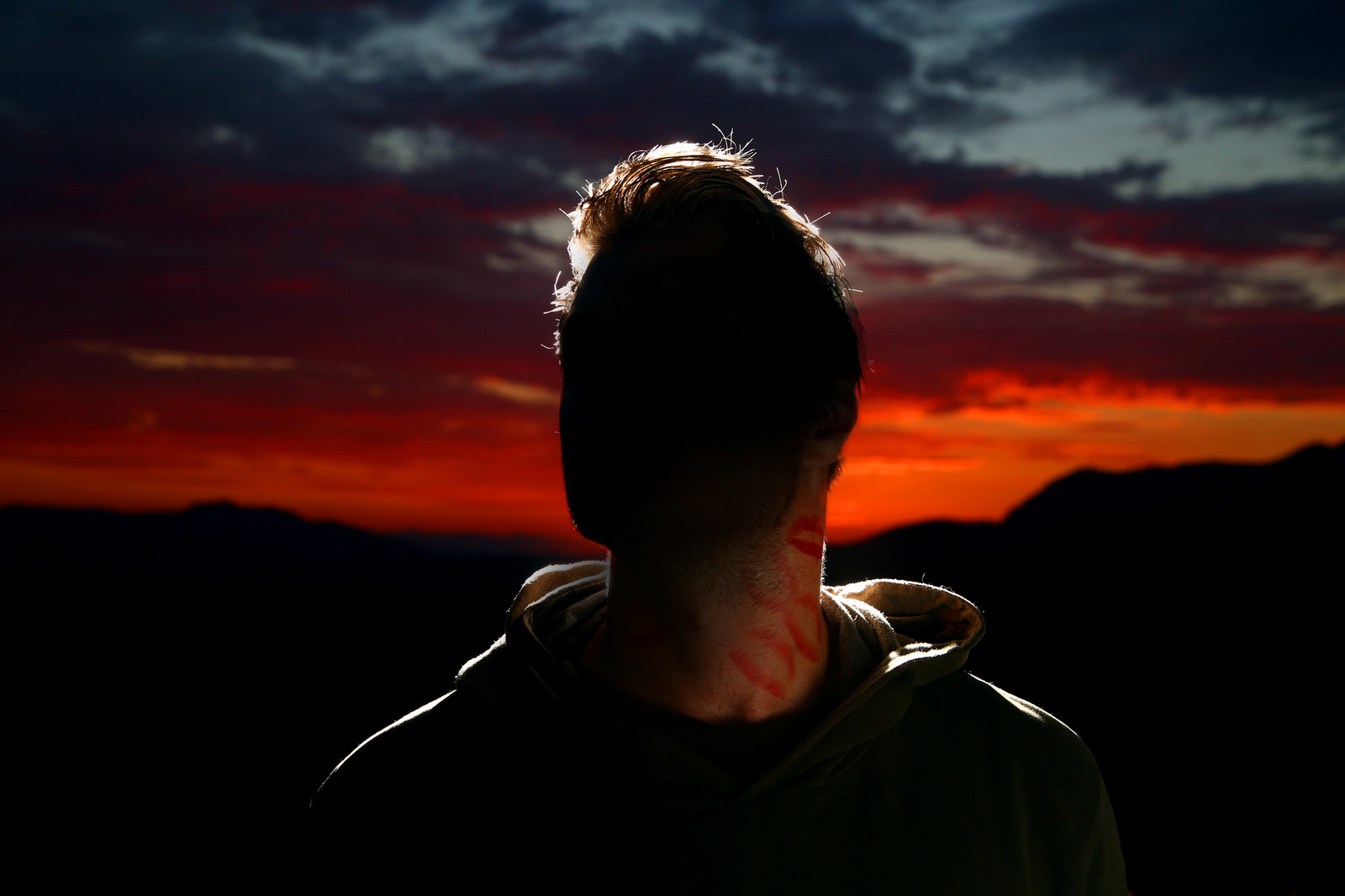
We are ghosts of ourselves
until they come along.
Love fills us in,
in all our thin places.
Love gives us skin.
Douglas Kearney
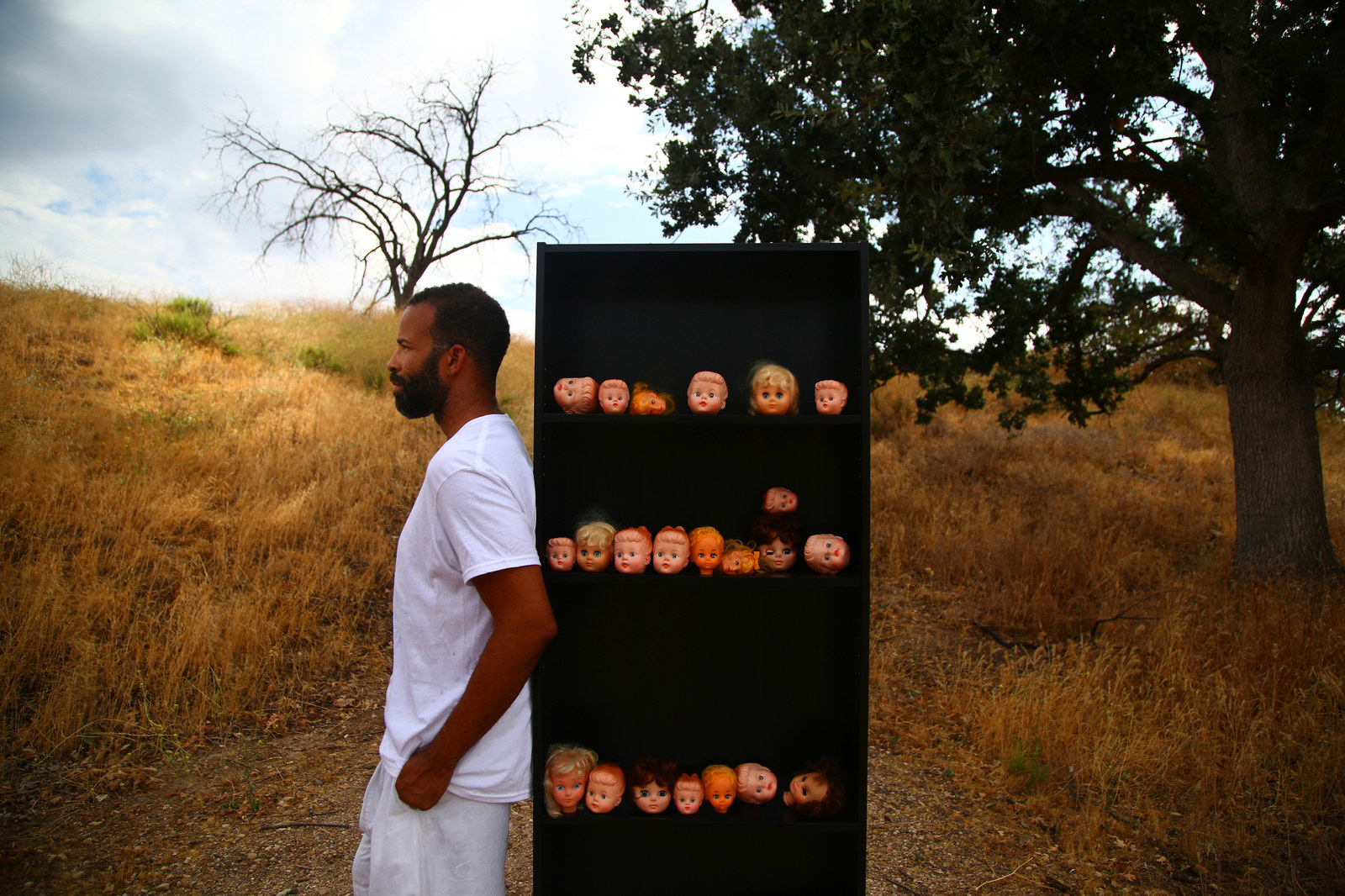
NEW PARENTS
pick through your blood but you won't find
what must be done with the others
the ones in ice, where you belongchoosing worries you in its mouths:
lose them to strange names and houses
board them ever in dear freezers
or let them thaw and spoil?those you've chosen doze under wool
think of all the nights cool siblings
take them hand-in-hand and lead them
down the bleak rounds to your judgmentand when their cries rise through night's slab,
driving you, beset against their cribs,
do they grieve for those whom they have lost
or what they must have:
Your eyes burnt with love,
Your teeth keen on silence?
Erika L. Sánchez
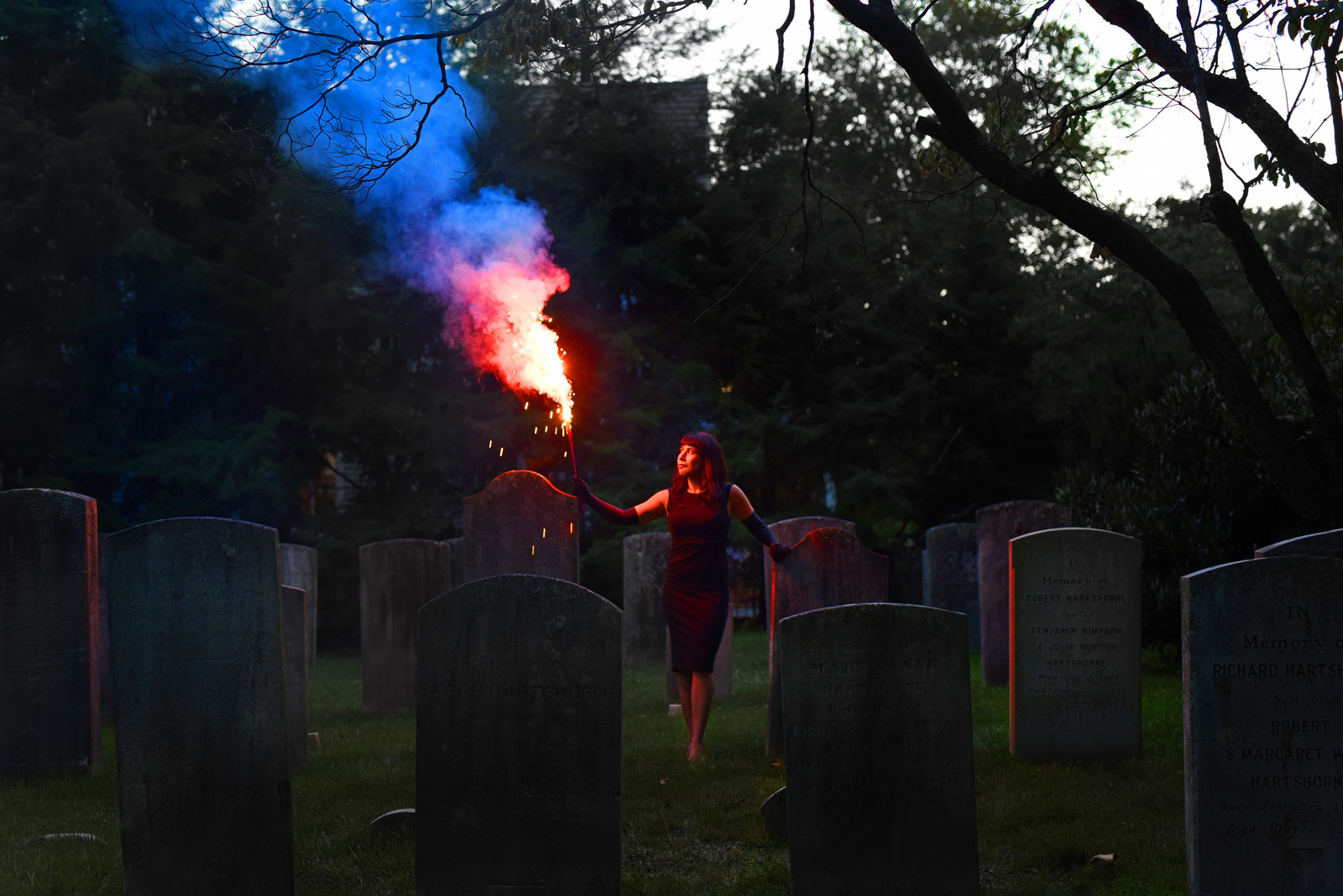
SIX MONTHS AFTER CONTEMPLATING SUICIDE
Admit it—
you wanted the endwith a serpentine
greed. How to negotiatethat strangling
mist, the fibrouswhisper?
To cease to exist
and to dieare two different things entirely.
But you knew this,
didn’t you?Some days you knelt on coins
in those yellow hours.You lit a flame
to your shadow
and atescorpions with your naked fingers.
So touched by the sadness of hair
in a dirty sink.The malevolent smell
of soap.When instead of swallowing a fistful
of white pills,you decided to shower,
the palm trees
nodded in agreement,a choir
of crickets singingbehind your swollen eyes.
The masked bird
turned to youwith a shred of paper hanging
from its beak.At dusk,
hair wet and fragrant,you cupped a goat’s face
and kissed
his trembling horns.The ghost?
It fell prostrate,
passed through youlike a swift
and generous storm.
Jane Hirshfield, chancellor of the Academy of American Poets, fellow of the National Endowment for the Arts and the Guggenheim, and first woman graduate of Princeton University.
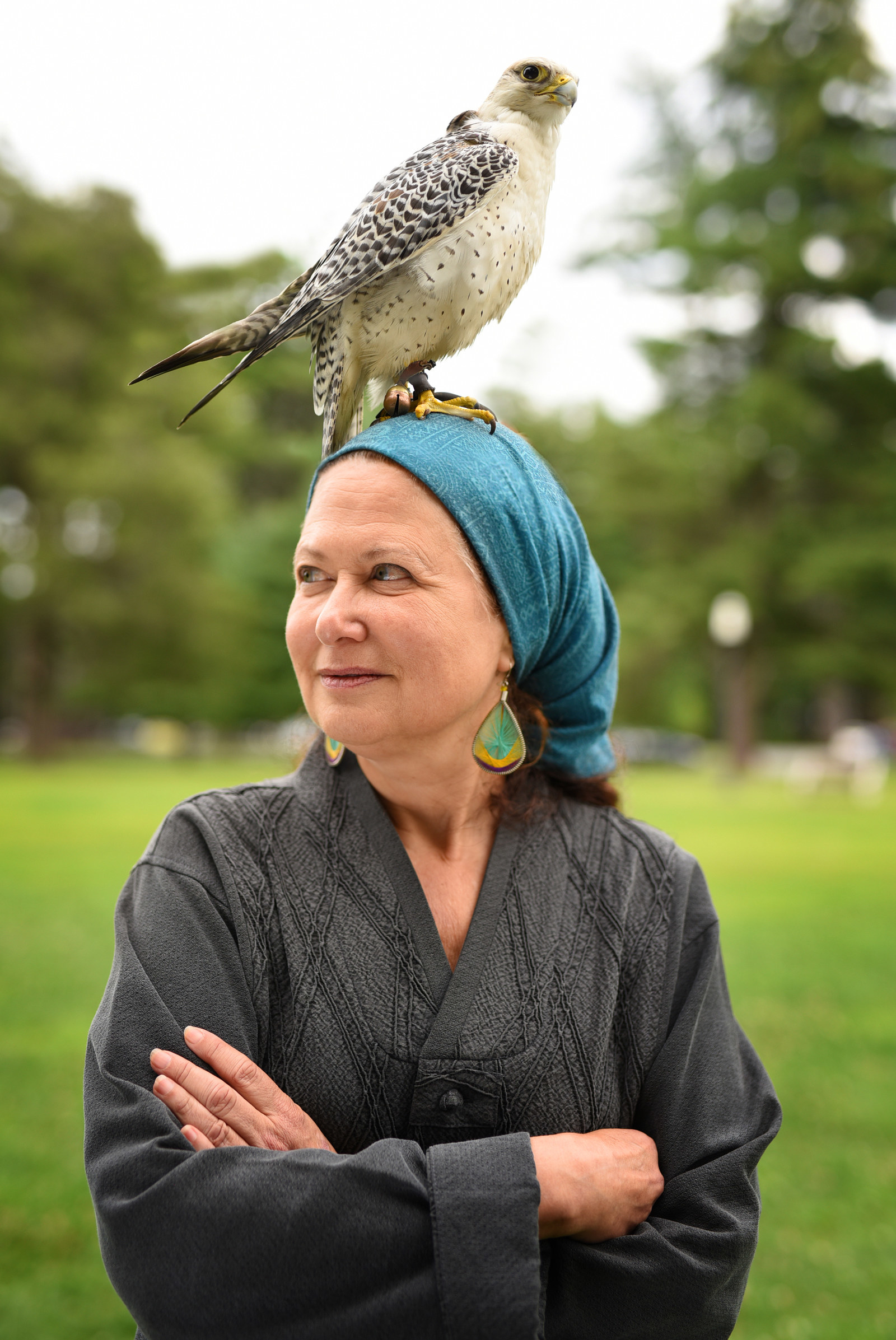
THE WOODPECKER KEEPS RETURNING
The woodpecker keeps returning
to drill the house wall.
Put a pie plate over one place, he chooses another.There is nothing good to eat there:
he has found in the house
a resonant billboard to post his intentions,
his voluble strength as provider.But where is the female he drums for? Where?
I ask this, who am myself the ruined siding,
the handsome red-capped bird, the missing mate.
Terrance Hayes, poetry editor of the New York Times.
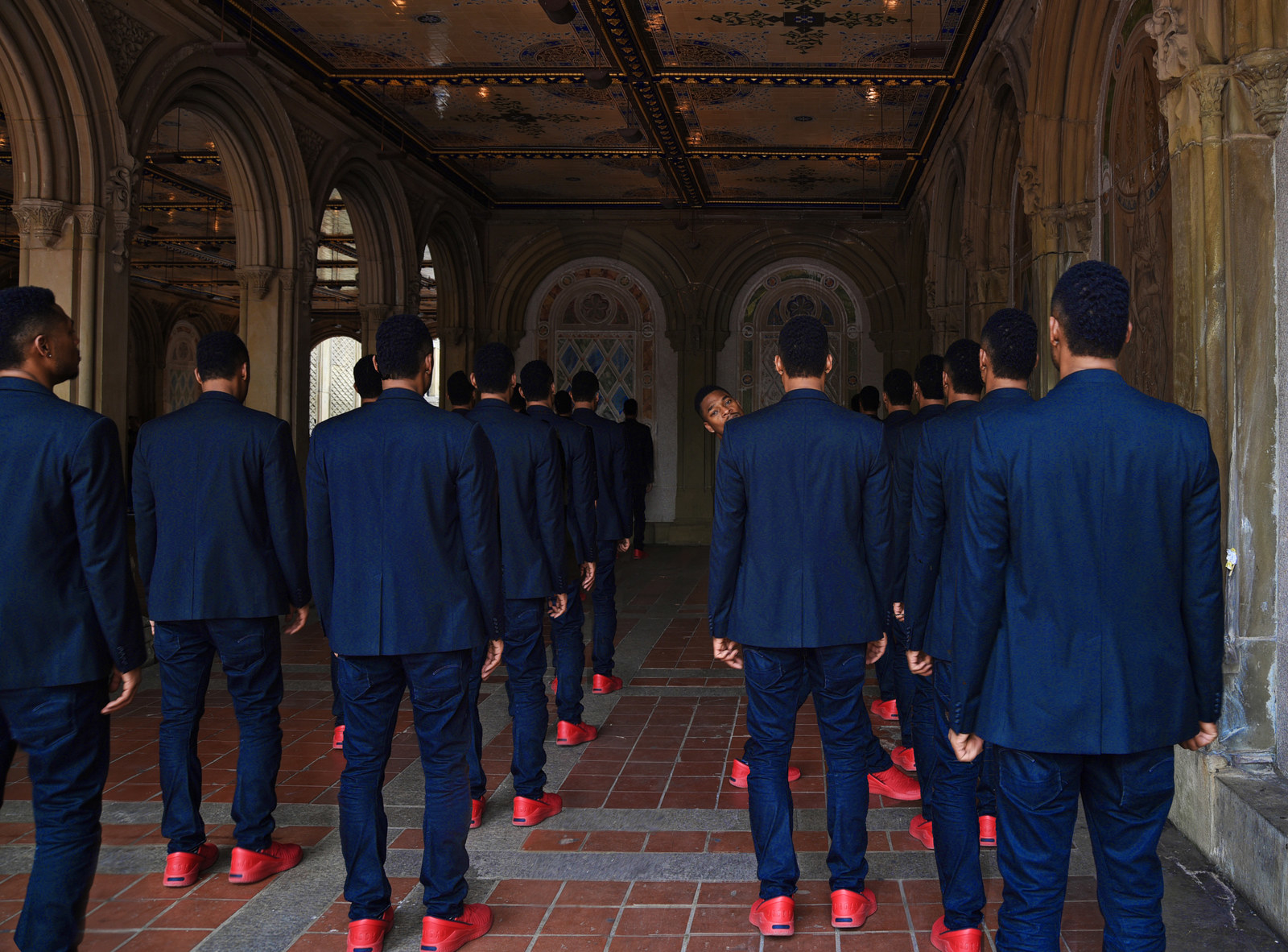
MUSIC TO INTERROGATE BY
I will have to admit I was one of them. I believed the holes
would be erased. Our leader knew this floating up a mountain
on the backs of soldiers. I wanted only to be free, a cup of water,
if not rain. But the war spread to the edges of the state, narrow
closets opened in the field, the petals were white as cuffs.
What I had was the same as power, a dampness in the thread
of an old jacket. There was something sad and unforgiving
about our leader's accent, his short yellow tongue like a pencil
with no eraser. When they ask or wonder without asking
what I did when I saw the slick and shameful, the naked men
hanging an inch from the ground, when they ask what I did
when I heard of the prisoners, when I heard of the wars against
ideas, when they exiled strangers, what will I say? That's why
God et cetera? Who said you need not arm your children,
nor send them off to war? Who cares about the past worn
smooth by error and friction? The water of damage lay charged
in my mouth, bleeding its oil. I walked the back roads
of my property with one shoe untied and the other in my hand.
Tony Hoagland
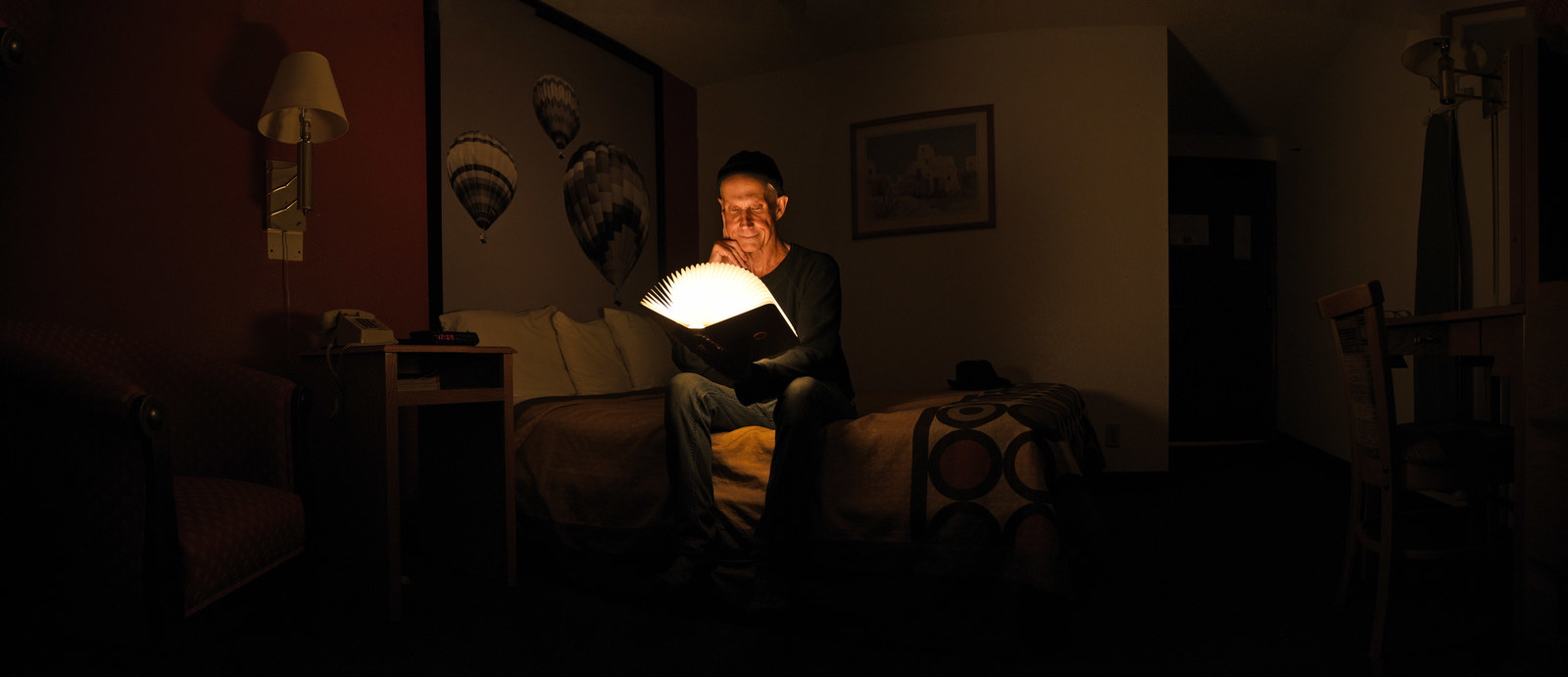
BIBLE STUDY
Who would have imagined that I would have to go
a million miles away from the place where I was born
to find people who would love me?
And that I would go that distance and that I would find those people?
In the dream JoAnne was showing me how much arm to amputate
if your hand gets trapped in the gears of the machine;
if you acted fast, she said, you could save everything above the wrist.
You want to keep a really sharp blade close by, she said.
Now I raise that hand to scratch one of those nasty little
scabs on the back of my head, and we sit outside and watch
the sun go down, inflamed as an appendicitis
over western Illinois — which then subsides and cools into a smooth gray sea.
Who knows, this might be the last good night of summer.
My broken nose is forming an idea of what’s for supper.
Hard to believe that death is just around the corner.
What kind of idiot would think he even had a destiny?
I was on the road for so long by myself,
I took to reading motel Bibles just for company.
Lying on the chintz bedspread before going to sleep,
still feeling the motion of the car inside my body,
I thought some wrongness in my self had made me that alone.
And God said, You are worth more to me
than one hundred sparrows.
And when I read that, I wept.
And God said, Whom have I blessed more than I have blessed you?
And I looked at the mini bar
and the bad abstract hotel art on the wall
and the dark TV set watching like a deacon.And God said, Survive. And carry my perfume among the perishing.
CORRECTION
An earlier version of this post misspelled the poet Aimee Nezhukumatathil's name.

